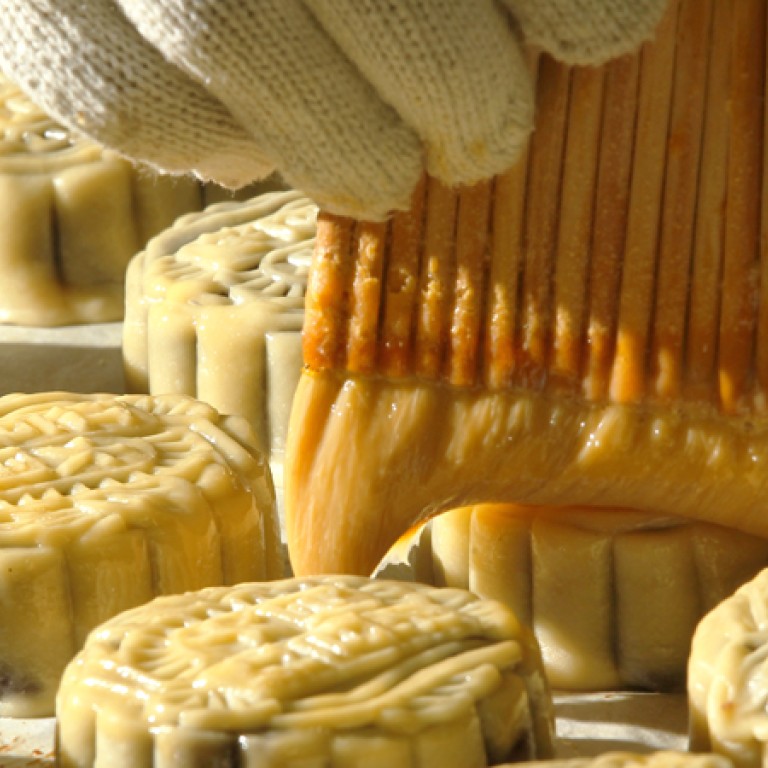
Mooncake mania proves to be a sweet treat for Hong Kong's lotus growers
Traditional farming is being kept alive in the northern New Territories and it's supported by strong seasonal demand for festive treats
Most people tucking into mooncakes this mid-autumn may not know it, but their appetites are keeping a rare trade alive in Hong Kong's wetlands and providing work for a social enterprise.
Few farmers grow lotus seeds these days as they are tricky to market and unprofitable. But when they're turned directly into lotus paste, a key ingredient of mooncakes, it's a different story.
Conservationists are making use of that fact to promote farming in the city's largest and most intact piece of agricultural freshwater wetland, the Long Valley in the northern New Territories.
"The lotus seeds turn yellow soon after harvest. So farmers have to sell them within a short period of time or their value drops," said Conservancy Association conservation manager Katie Chick Hiu-lai.
"But mooncakes help to prevent the trade from vanishing. Instead of selling the seeds to the public, now they are turned directly into lotus paste, the major component of mooncakes. As people are willing to pay well for a mooncake, it increases the profit margin for lotus farmers."
In an effort to kick-start the trade - and preserve the wetland for the many bird species that call it home - the association has subsidised two farmers to grow seeds that are turned into paste at the St James' Settlement's social enterprise, Ground Work, in Wan Chai.
"This year we are selling 300 mooncakes whose lotus paste is made from locally produced lotus seeds," Chick said.
Demand for the mooncakes has been robust, but production is limited due to a shortage of seeds. Including the two subsidised farmers, there are only three in the trade. One who joined late last year is preparing for the first harvest this autumn.
"One farm in Nam Chung saw lotuses damaged by a typhoon," said Ground Work operation officer Tse Chun-man. "It's also hard to manage a lotus pond. When other vegetation grows, production of lotus seeds drops."

Meanwhile, the price of mass-produced mooncakes has continued to climb this year. The Taipan Bread & Cakes chain, seller of "snowy" mooncakes, has raised the retail price of its goods by up to 6 per cent.
Assistant marketing manager Bobo Cheung Po-wan forecast double-digit sales growth, thanks to more corporate orders and sell-out expectations for bird's nest mooncakes.
The brand Wing Wah has raised prices by 7 per cent.
"Prices of salted eggs jumped 20 to 30 per cent as bird flu hit Vietnam at the beginning of this year," said communications manager Eliza Woo Siu-po. "Now we have to source more eggs from the mainland."
The firm is continuing a legal battle across the border. Over the past 15 years, it has been struggling to stop Guangdong businessman Su Guorong from using its name and product design. The case is being heard in the Guangdong Higher People's Court.
"So far we are positive about the court proceedings' impact on sales," Woo said. "At least people are now aware there are two companies selling mooncakes under the name Wing Wah."
